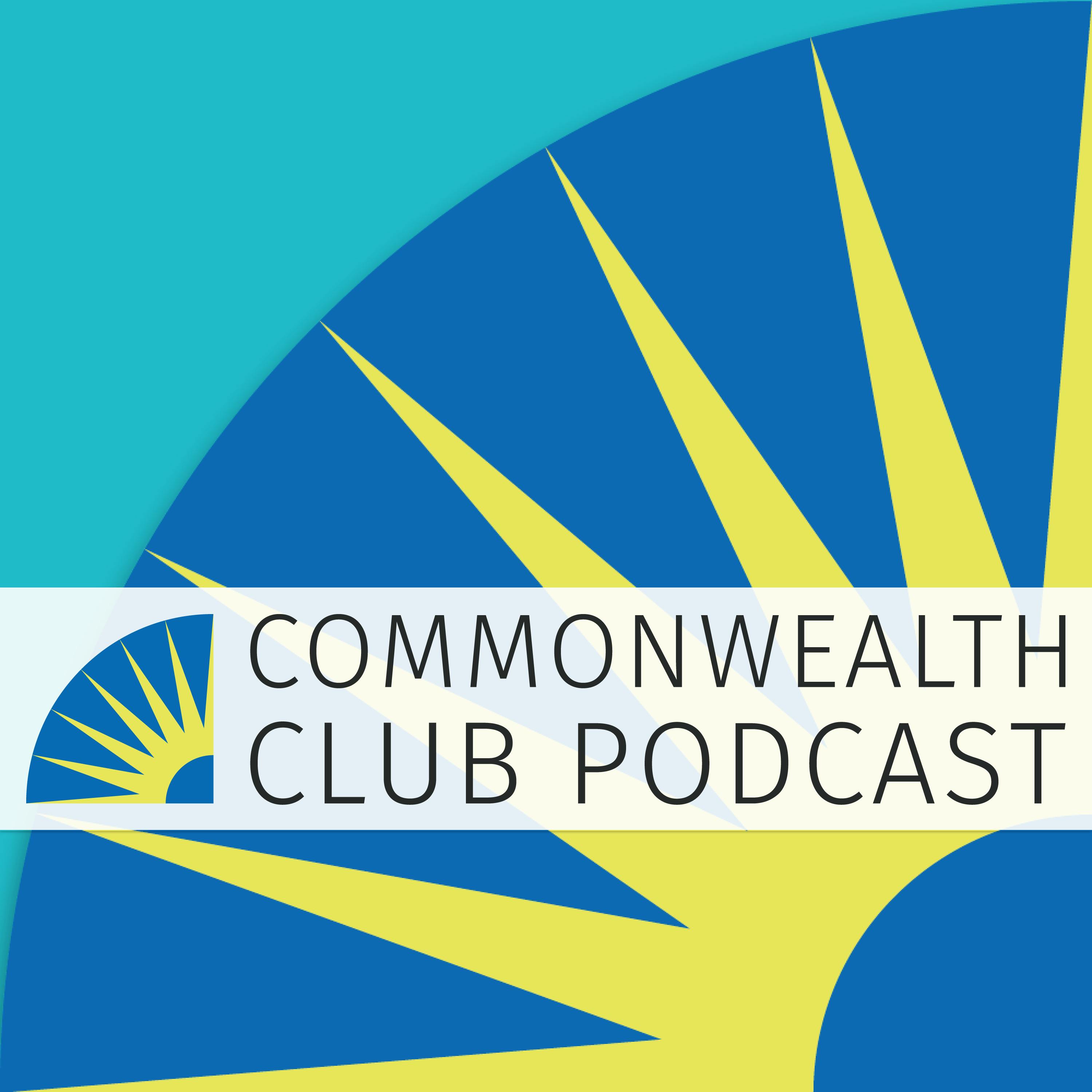Survival of the City, with Edward Glaeser and David Cutler
Description
Prior to the COVID–19 pandemic, many cities, particularly in the United States, were experiencing somewhat of a renaissance. Population was increasing, abandoned areas were being redeveloped into walkable neighborhoods, crime was dropping, and public spaces were engaging both a new generation of citizens and an older cohort who had moved to cities for the first time. In many ways, cities were fulfilling the vision of renowned urban economist Edward Glaeser as places that were the healthiest, greenest and richest (in both cultural and economic terms) places to live, and as areas that were rich in creativity and innovation.
The 18 months since March 2020 have tremendously challenged this rosy view of cities, and today cities like San Francisco stand at an unexpected crossroads. During the global coronavirus crisis, cities grew silent as many office workers worked from home—if they could work at all. The normal forms of socializing ground to a halt. Theaters and restaurants were quiet, and cultural arts organizations scaled back public programming. Things were supposed to return to normal for cities this fall, but the delta variant of the coronavirus has raised new questions about urban life: How permanent are these changes? Advances in digital technology mean that many people can opt out of city life as never before. Will they? Are we on the brink of an unexpected, post-urban world?
In their new book, Glaeser and his Harvard colleague David Cutler explore the future of cities. Though they believe city life will survive overall, individual cities face terrible risks, and a wave of urban failure could pose a threat not only to urban residents of particular cities but to all of those who rely on them. Glaeser and Cutler examine the evolution that is under way and describe the possible urban futures that lie before us: What will distinguish the cities that will flourish once again from the ones that won’t? The authors discuss San Francisco in the book and how COVID-19 allowed for wealthy citizens to flee the city in search of more space to do remote work.
Please join us for an important conversation on the future of cities, and what it means for the future of the country.
SPEAKERS
Edward Glaeser
Fred and Eleanor Glimp Professor of Economics, Harvard University; Co-author, Survival of the City: Living and Thriving in an Age of Isolation
David Cutler
Otto Eckstein Professor of Applied Economics, Harvard University. Co-author, Survival of the City: Living and Thriving in an Age of Isolation
Alicia John-Baptiste
President and CEO, SPUR—Moderator
In response to the COVID-19 pandemic, we are currently hosting all of our live programming via YouTube live stream. This program was recorded via video conference on September 14th, 2021 by the Commonwealth Club of California.
Learn more about your ad choices. Visit megaphone.fm/adchoices
More Episodes
The COVID-19 pandemic revealed structural weaknesses and inequities that existed long before 2020. Like COVID-19, climate change is another “threat multiplier,” with the power to disrupt many of our social systems.
In her new book, The Fight for Climate After COVID-19, Alice Hill says we need to...
Published 09/24/21
Now making appearances on the film festival circuit, "Boy Culture: The Series" is a follow-up to the 2006's Boy Culture—the movie of the novel by the same name first published in the mid-1990s. In six brand-new 15-minute episodes, the series tells the story of X, portrayed by Derek Magyar, his...
Published 09/22/21
Pulitzer Prize-winner George F. Will has been one of this country’s leading columnists since 1974 and, as The Wall Street Journal once called him, “perhaps the most powerful journalist in America.” In his new collection titled American Happiness and Discontents: The Unruly Torrent, 2008–2020,...
Published 09/22/21


